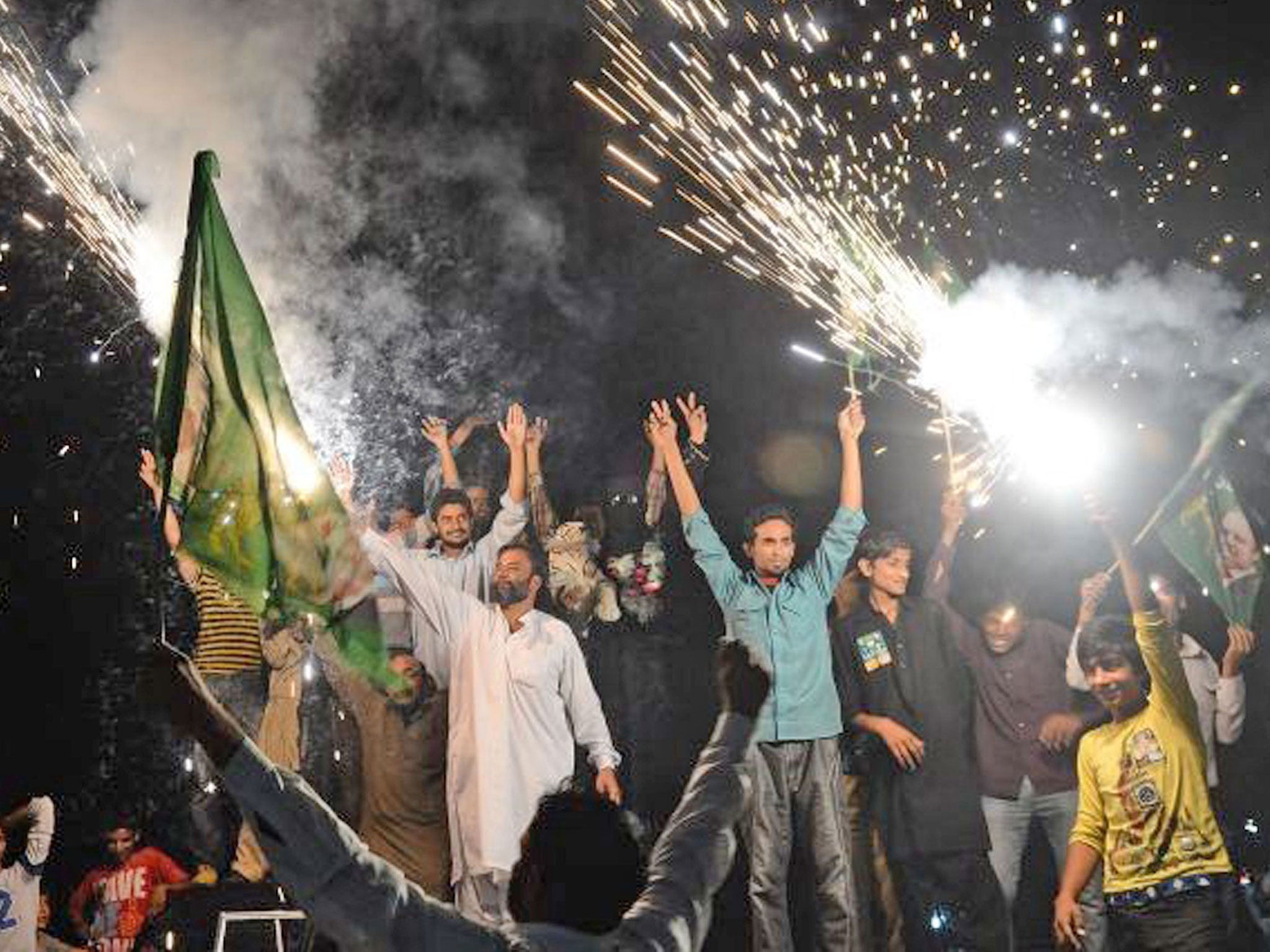Nawaz Sharif has won Pakistan's election, but a patchwork of power is emerging at the regional level
No political party enjoys anything close to consistent support across the four provinces

As the initial enthusiasm about Pakistan’s elections abates and serious questions are asked about the integrity of the polls in a number of constituencies, a new fragmented political landscape is emerging. Although strong support for the Pakistan Muslim League-N, one of Pakistan’s oldest parties, suggests a degree of stability in the political party scene, the striking novelty of these elections is the regionalisation of political support. This raises tricky questions in the context of greater powers granted to the provinces by the recent constitutional reforms.
No political party enjoys anything that comes close to consistent support across the four provinces. Nawaz Sharif’s party, the PML-N, won an overwhelming majority in the National Assembly in Punjab with 116 seats, while taking only eight in other provinces. The former ruling Pakistan Peoples Party (PPP), which secured 88 directly elected seats in 2008 from all four provinces, has now been reduced to a regional party, securing 29 direct seats in Sindh and only two seats in Punjab. Strikingly, in Khyber Pakhtunkhwa (KP) province where the PPP garnered 10 seats in 2008, the party failed to win a single one this time round. Imran Khan’s Pakistan Tahreek Insaf (PTI) owes its strong showing to KP, winning 17 of its 27 seats fielded in the province, while only succeeding in eight seats in Punjab and a seat each in the Federally Administered Tribal Areas (FATA) and Islamabad.
This regionalisation of Pakistan’s politics is also reflected in the results from the simultaneous elections that took place in the four Provincial Assemblies. In Punjab, the PML-N now enjoys a whopping two-thirds majority, removing the checks and balances that had come from the strong opposition presented by the PPP and PML-Q until now. In Sindh, the PPP has once again emerged as the majority party, and will form a government without need of a coalition. In KP province, the PTI emerged as the largest party and is likely to form a coalition government. In Balochistan, the Pashtun nationalist party Pashtunkhwa Milli Awami Party (PMAP) has emerged as the largest party with 10 seats followed by the PML-N, Jamiat Ulema Islam-F and nine independents, who will have a decisive role in forming a government.
What has become clear is that although the PML-N will form the national government, it does not have a majority in the Senate (the upper house). This is dominated by the PPP and its allies. For the Senate, which has a significant role under Pakistan’s constitution, to pass legislation, a degree of co-operation between the two houses will be required – tempering PML-N’s dominance. And at the provincial level, a patchwork of power is emerging, with each region being ruled by a different political party or by coalition.
This colourful political map with huge regional variation raises questions of how this will all play out in a context of strong devolution of powers to the provinces through the constitutional amendments adopted over the last few years. Perhaps the biggest challenge for the national PML-N government will be to establish itself as an honest broker for all provinces. Fear of Punjabi domination in Pakistan, a long-standing feature of the country’s political psychology, will gain renewed prominence.
The practical questions are manifold. The outgoing government had not completed the handover of power and resources to the provinces that was mandated by the constitutional overhaul. The PML-N government must continue this process even-handedly. The most sensitive challenge ahead will be to determine the resource sharing arrangements between the provinces and the centre, known as the National Finance Commission Award, which is due in 2014. In 2009, the PPP led coalition took the credit for deciding the award through consensus among all provinces, a historic achievement that sets a high bar for the incoming PML-N government. The PML-N will also have to tread carefully in order to make good one of its central campaign pledges: to swiftly end the electricity shortages and power cuts. Every new dam-building project will now need provincial co-operation.
What is likely to emerge in Pakistan is a situation of federal competition where each major party will use its provincial home base to show its capacity and achievements. Already Imran Khan promised to turn KP into a model province. At the same time, the new set-up will place an onus on consensus-making between the two houses of parliament as much as between the centre and the provinces. Pakistan’s political class has been oscillating in recent years between extreme partisan politics and divisive rhetoric, and remarkable statesmanship, as seen in the unanimous adoption of the 18th constitutional amendment in 2010, which restored parliamentary democracy.
A similar team spirit was seen during the appointment of the election commission and later on the caretaker government, which had seemed practically impossible, yet at the last moment consensus was achieved. If the political class manages the balance between federal competition and problem-solving consensus, the new situation can turn into an advantage. If it does not however, Pakistan faces years of acrimony about the allocation of resources and the role of Punjab, further weakening an already fragile sense of nationhood. The key role will be played by the PML-N. Being the strongest party, it will have to lead by example.
Niaz Ahmed is deputy country cirector of Democracy Reporting International’s (DRI) Pakistan office. DRI is a Berlin-based, non-governmental organisation that promotes democratisation.

Join our commenting forum
Join thought-provoking conversations, follow other Independent readers and see their replies